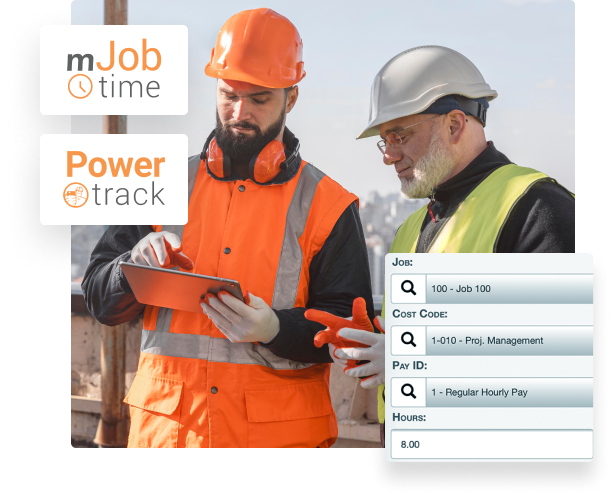So many times in our experiences, we see prospects focused intensely on price when making their purchase decisions, but is this the wisest way to proceed? When you go this route, what considerations are you overlooking and how important are they to the process of finding the right solution?
Here is a list of factors that should be considered in order of decreasing significance:
- Business value – buy software based upon your business needs and not some glitzy features that you only have occasional use for. Know which processes and procedures are critical for your organization and make sure that they will be well served or even improved by the software you are considering.
- Return on Investment – what savings can be realized by utilizing the prospective software. Savings can be expressed in terms of time, productivity, and/or actual financial savings. Oftentimes, with software, the potential savings will allow for the cost of the project to be recovered in a matter of months, but careful analysis of all costs and savings must be done prior to any purchase. It is highly recommended that you come up with your own numbers in determining return on investment.
- Price-Total Cost of Ownership – Obviously, cost is still an important consideration. When considering cost, you should try to get a good handle on all costs involved. For the software, this would be the initial purchase price, implementation and training, the cost of necessary customizations, and any on-going costs such as maintenance and support contracts. It will also include the cost of any required hardware, and other associated costs such as cellular data plans, or wireless syncing plans.
- References – With mobile time tracking software it is important to obtain references that come as close to matching your business as possible. So a large electrical contractor will want another large electrical contractor as a reference. It is also good to get a reference using the same accounting software in order to gain an understanding of the integration that exists between the software and the accounting application. In checking references, always check on the level of technical support given by the software company. Once you sign the check that is who you will be almost entirely dependent on, so do your homework. One last note on references, unless you are planning a site visit, getting a near-by reference is not nearly important as getting a well-matched reference.
In today’s fragile and uncertain construction environment, spending money is a very stressful event. Everyone wants to pay as little as possible, but sacrificing effective software for a few dollars of savings is seldom the smart move.







